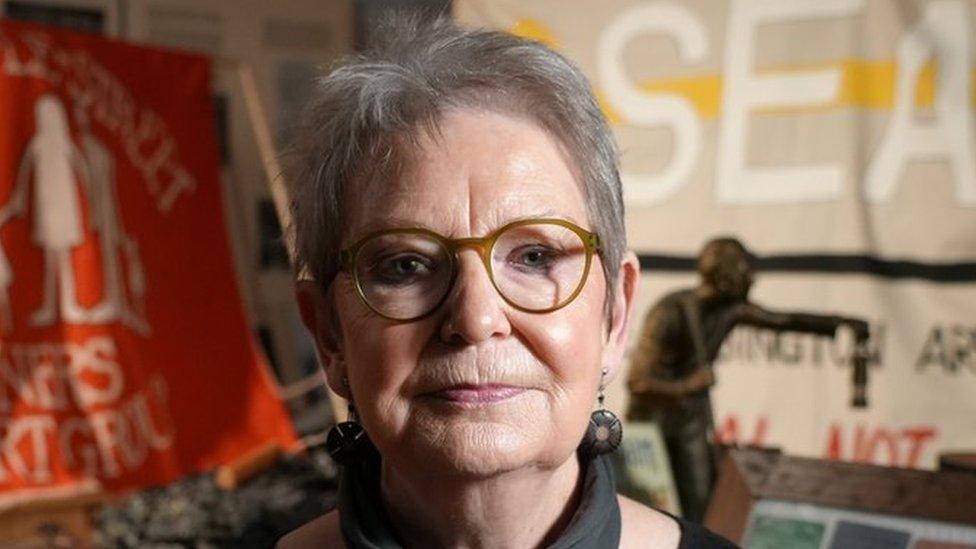Miners' strike families 'used rabbits to feed the community'
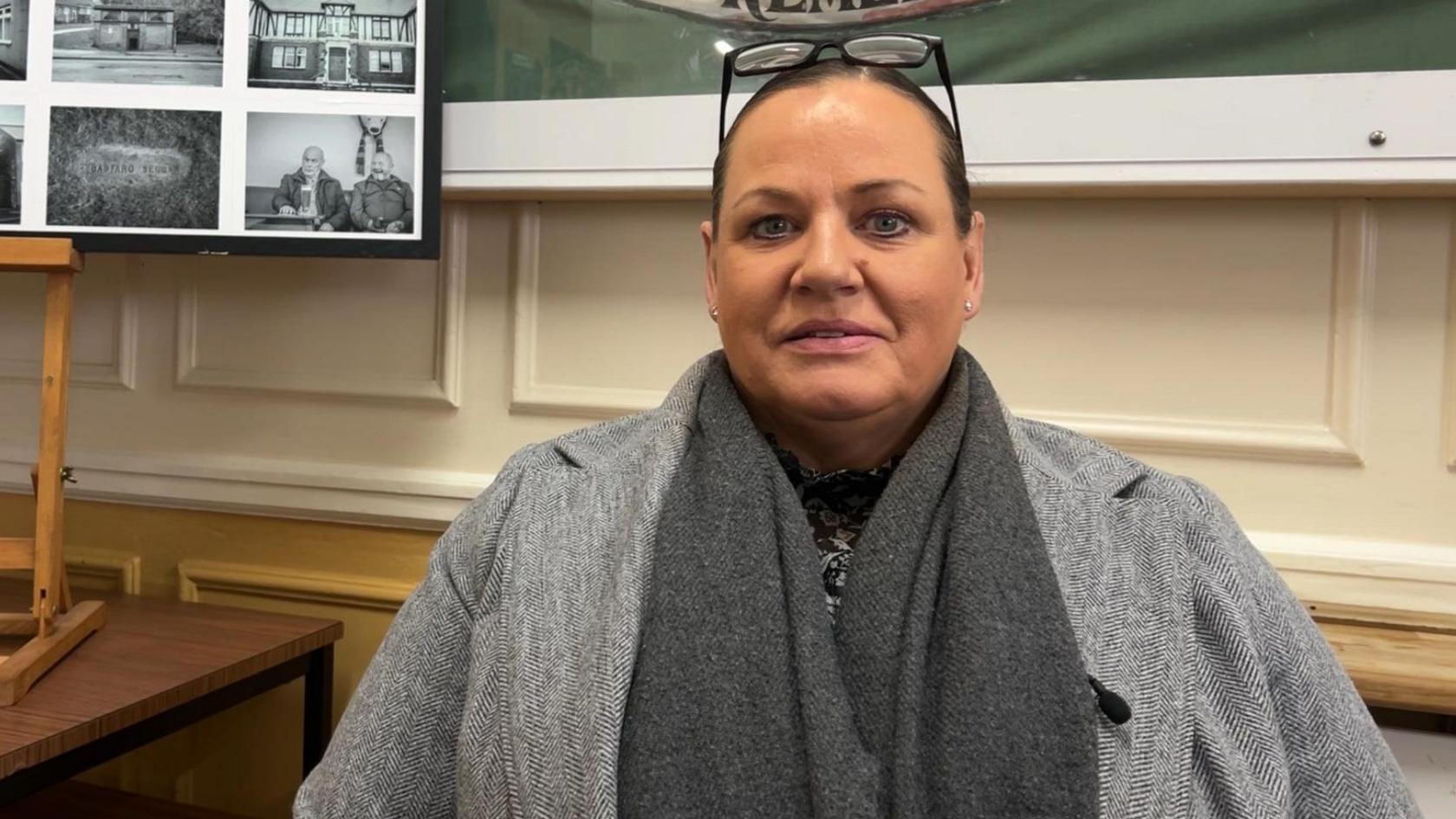
Lynn Dodds' father was a miner during the strike
- Published
For families living through the 1984 miners' strike money was tight. In some cases it was non-existent. Mothers cooked wild, locally caught pheasant and rabbit for the first time and neighbours shared home-made food.
"We had nothing," remembers Lynn Dodds, who was 12 at the time of the strike.
Her father was a miner in County Durham and, along with hundreds of colleagues at the local pit, he went on strike in March 1984.
Mrs Dodds remembers her mother cooking a "huge vat" of homemade broth and dishing it out to neighbours.
"They did the same when they cooked - if they baked bread or pies the whole street would get some," she says.
"We were all miners' families."
Mrs Dodds also remembers how vegetables were the main component of the homecooked meals she ate as a young girl at home during the strike.
"I've never eaten so much veg," she says.
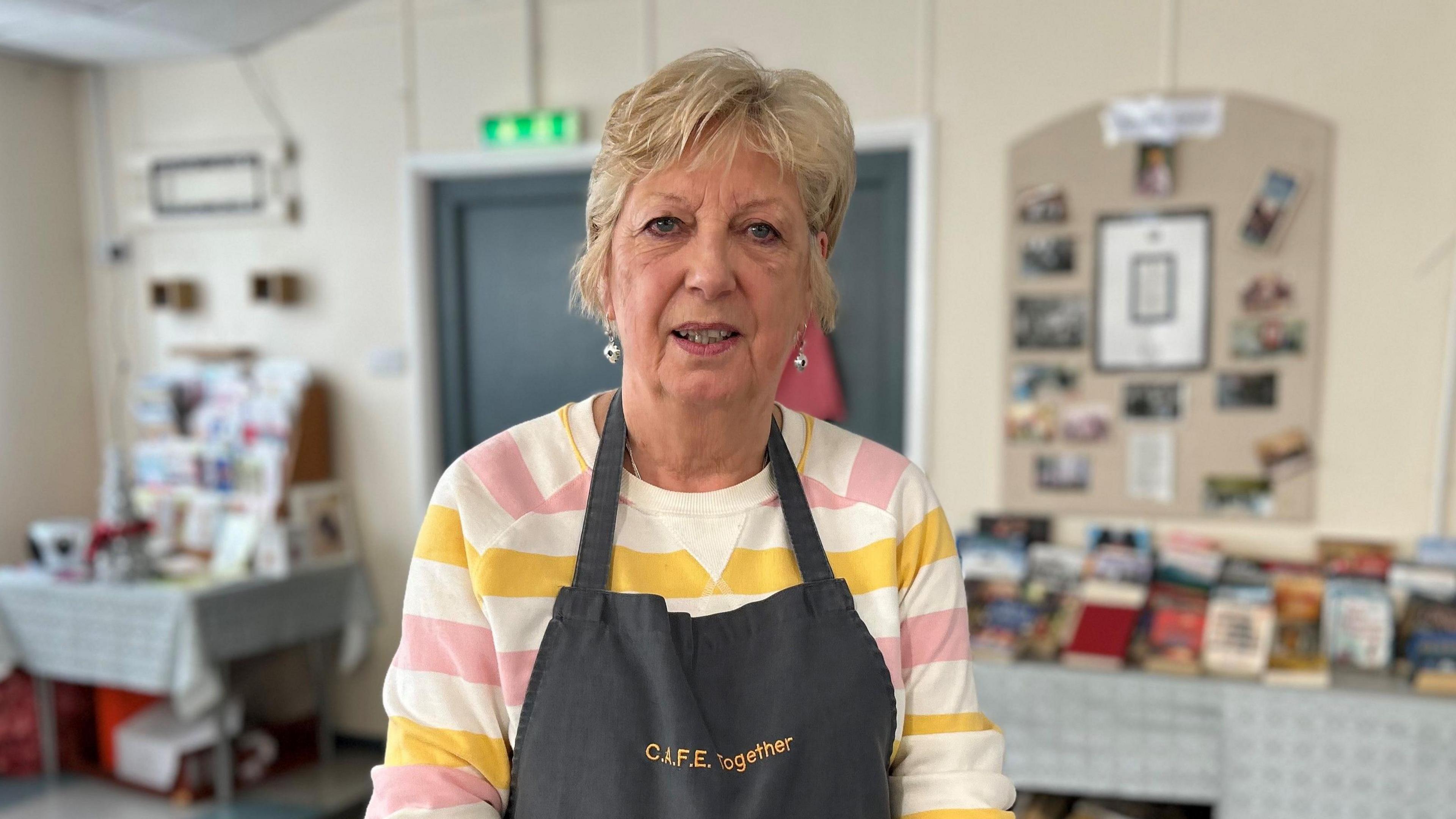
Miner's wife Ann Hills remembers being brought rabbit and pheasant
Some families used the soup kitchens that were led by miners' wives to make sure that everyone got at least one home-cooked hot meal a day.
Ann Hills was a young mother and married to a miner at the time of the strike.
She remembers being brought wild caught rabbit and pheasant but she had "never seen it before, never mind cooked it".
"I learned how to skin and gut rabbits, pluck and prepare the pheasant and cooked it for us to eat," she says.
“First time in my life, during the strike, I had pheasant.”
It is a difficult memory for Mrs Hills, but she did what she could to feed her children with no money coming in. She lost three stone in weight during the year-long strike, she says.
In a bid to keep her family warm, Mrs Hills says she started to burn “the kids’ old shoes and slippers” on the fire.
“We needed to get a new coal fire after the strike because I’d burnt the back out," she says.
It was a “long, hard winter” and she had three, low-paid, part-time jobs, and went from one to the other each day with no breaks in between.
But she considers herself “really lucky” to have found work at all.
"You look back and you just really tried to shelter the kids from it," she says.
“If today’s generation remember anything, I hope they remember we protected them from it.”
Mrs Hills now volunteers at the Cafe Together Project in Easington – a community cafe offering a hot meal and dessert for £1.
People say it is the company that keeps them going back, a chance to meet and chat with old friends and neighbours from the colliery.
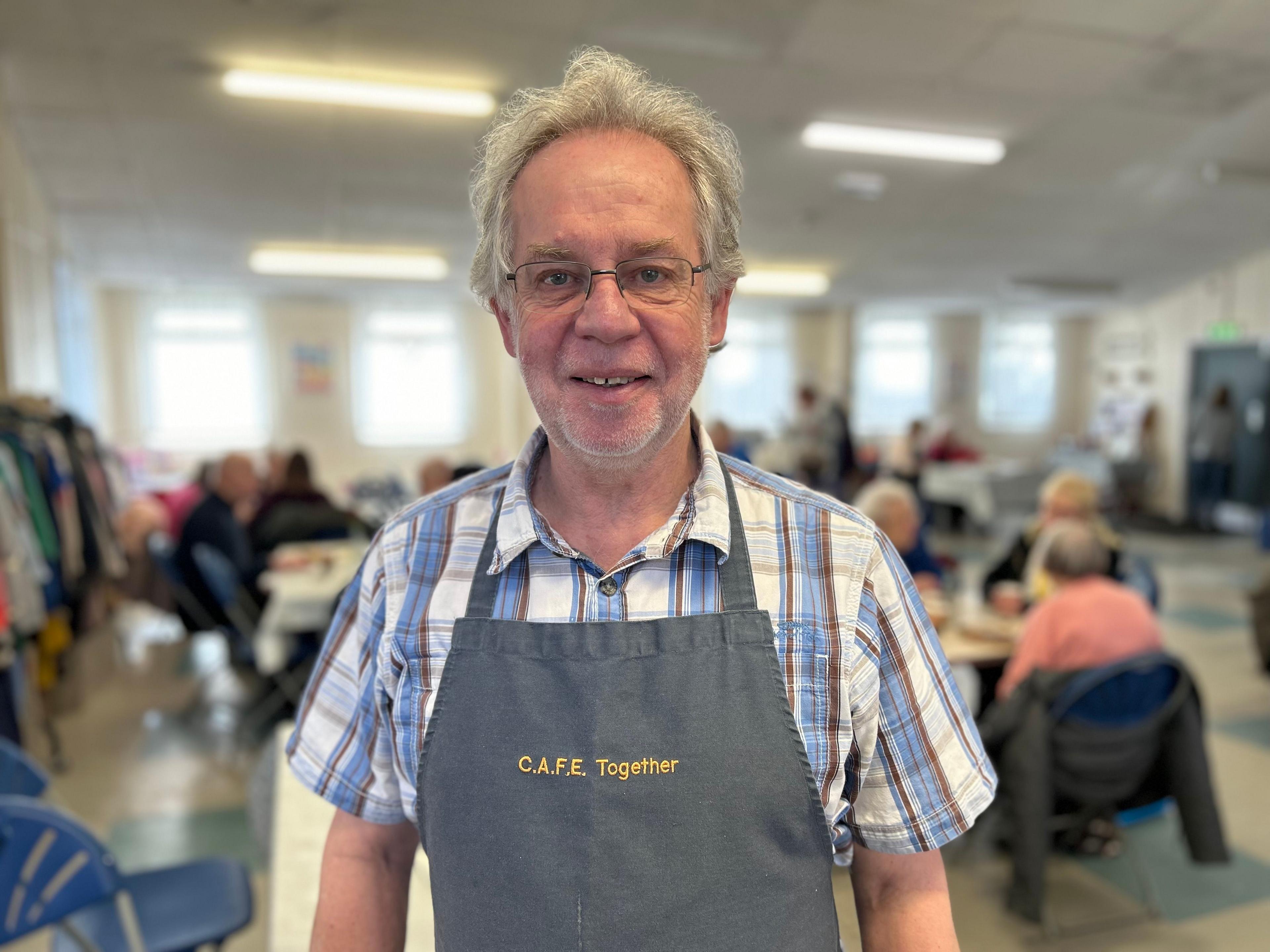
Bill Smithson leads the Cafe Together Project
The project is led by former Masterchef contestant and retired teacher Bill Smithson.
"It’s not just about feeding the credit union community, I also run cookery classes and during school holidays we have activity programmes for the children," he says.
Remembering the 1984 strike, Mr Smithson says his parents would deliver food parcels to a local family.
The strike “brought the community together, fighting against what they saw as an injustice”, he says.
Cafe Together, held at the Church of Ascension, Seaside Lane, has no strict criteria – anyone can go. During the strike the soup kitchens were for miners and their families but now everyone is welcome.
Mr Smithson has a team of volunteers who prepare, cook and serve the food and he says they are a “wonderful bunch” who turn up every week to serve their community.
And, with a warm welcome of a plate of sausage, mash and beans or mince and dumplings, why would they not?
Follow BBC North East on X (formerly Twitter), external, Facebook, external and Instagram, external. Send your story ideas to northeastandcumbria@bbc.co.uk.
Related topics
- Published5 March 2024

- Published2 March 2024
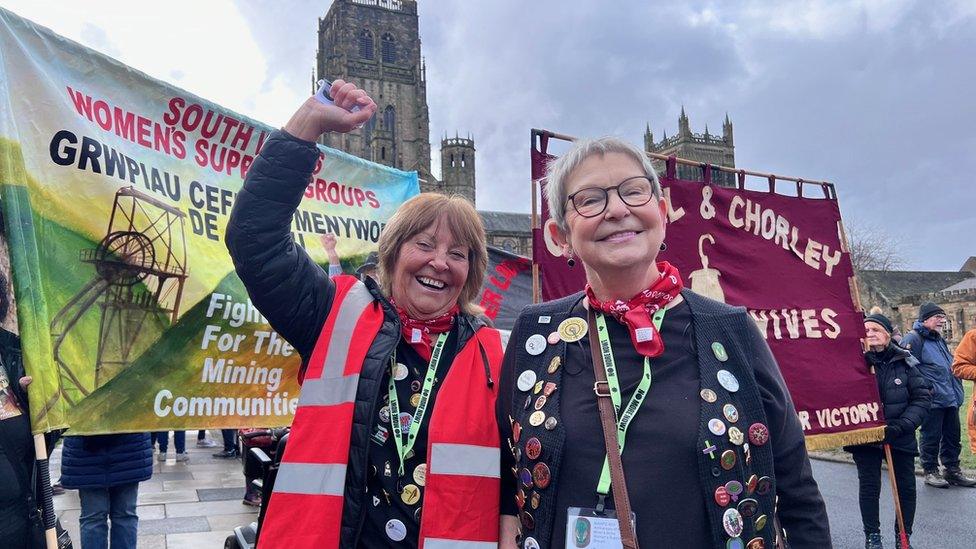
- Published1 March 2024
